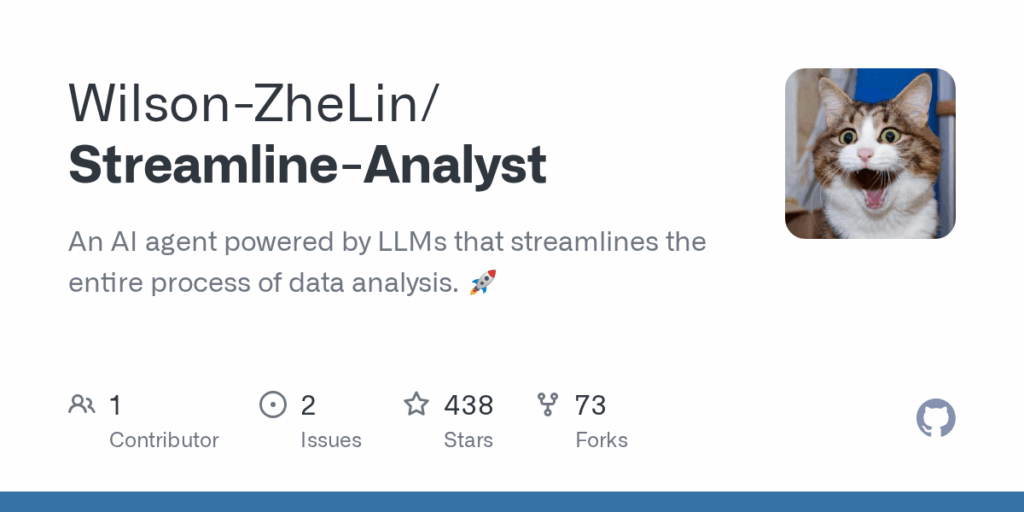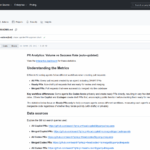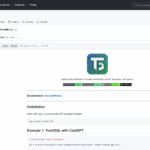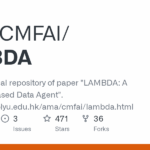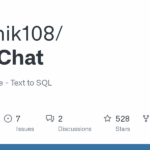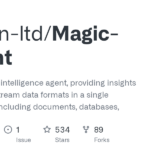Streamline Analyst
Basic Information
Streamline Analyst is an open-source, LLM-powered data analysis agent implemented as a Streamlit application that automates end-to-end data analysis workflows. It is designed to help users of varying expertise perform tasks such as data cleaning, preprocessing, target variable identification, dataset partitioning, model selection and training, and visualization without extensive manual coding. The app offers an interactive automated workflow where users select a data file, choose an analysis mode, and start processing. It integrates LLM recommendations to choose appropriate preprocessing strategies and models, provides real-time calculation of model indicators, and produces downloadable processed data and trained models. The project can be run locally with Python and requires an OpenAI API key for advanced LLM-backed operations. The README also references a hosted Streamlit demo and emphasizes one-time use of uploaded data and API keys for privacy.

